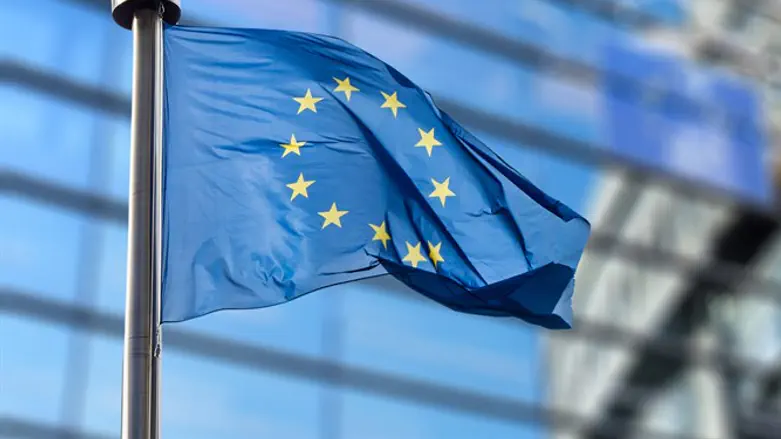
France, Britain and Germany sought on Wednesday to persuade their EU partners to back new sanctions on Iran to preserve the 2015 nuclear deal with Tehran, diplomats said, according to Reuters.
The new measures proposed by London, Paris and Berlin were discussed by the EU’s 28 ambassadors and could include members of Iran’s most powerful security force, the Islamic Revolutionary Guards Corps (IRGC), the diplomats added.
U.S. President Donald Trump, who has blasted the 2015 nuclear deal as “the worst deal ever negotiated”, recently decided to extend a waiver on nuclear sanctions that were imposed on Iran.
However, he made clear it was the last time he would extend the waiver and has given the European signatories a May 12 deadline to “fix the terrible flaws” of the deal.
The European Union rejects Trump’s criticism, noted Reuters, but Britain, France and Germany hope their steps could encourage Trump to issue new waivers preventing U.S. sanctions lifted under the deal from being reimposed next month.
In Brussels at the closed-door meeting, the three pushed for agreement on possible travel bans and asset freezes before a foreign ministers’ meeting next month, four diplomats told Reuters. Some EU capitals said they need more time, and discussions are expected to continue next week.
A total of 15 Iranian individuals and companies are on a list circulated to EU governments, but there was no direct discussion of names at Wednesday’s meeting, one diplomat said.
Recent reports indicated that Britain, France and Germany were weighing fresh EU sanctions on Iran over its ballistic missiles and its role in Syria’s war in a bid to persuade Trump to remain in the deal.
Diplomats pointed to the next EU foreign ministers’ meeting in Luxembourg on April 16, the last formal gathering on the EU agenda before Trump’s May deadline, although governments can always convene other sessions.
“The idea is to have a final decision on Iran sanctions by or at the April Foreign Affairs Council,” one diplomat told Reuters.
Another one added, however, “It will be complicated because this will need time to convince the member states.”
The sanctions would not involve measures that were lifted under the nuclear deal but would instead target individual Iranians that the EU believes are behind Iran’s ballistic weapons and its support for the government of Syrian President Bashar Al-Assad, which is also subject to sanctions.
Any Iranians targeted would be subject to asset freezes and bans on travelling to the EU or doing business with companies based in the bloc.
The Islamic Republic has several times test-fired ballistic missiles in recent months, raising the ire of the West.
Western countries say the tests are a violation of the UN resolution enshrining the 2015 nuclear deal. Iran denies it is in violation of any UN resolutions and categorically rules out any negotiations on its missile program.
Any EU-wide measures would be the first significant punitive steps since the bloc lifted broad economic sanctions on Iran last year following the deal to curb Tehran’s nuclear ambitions for at least a decade.

